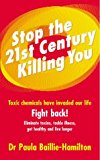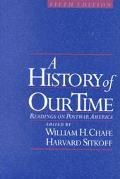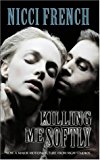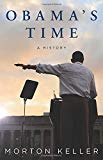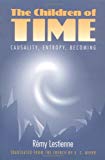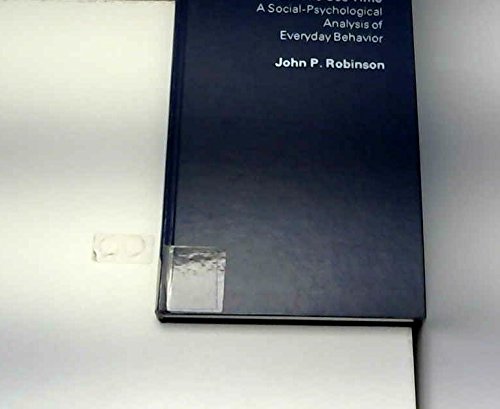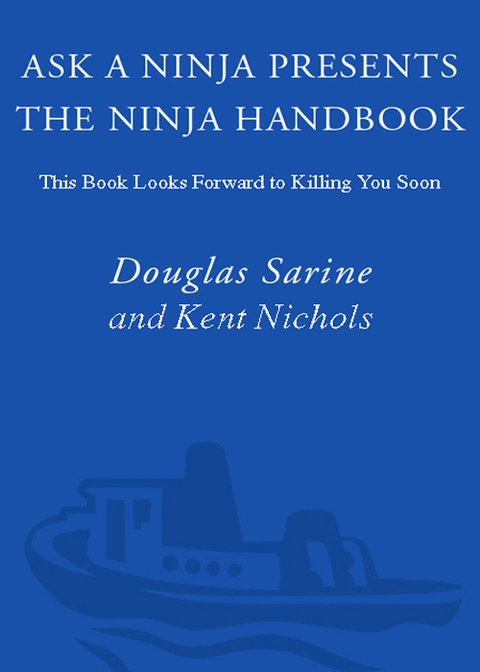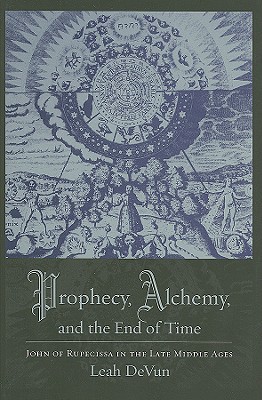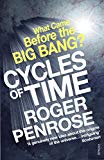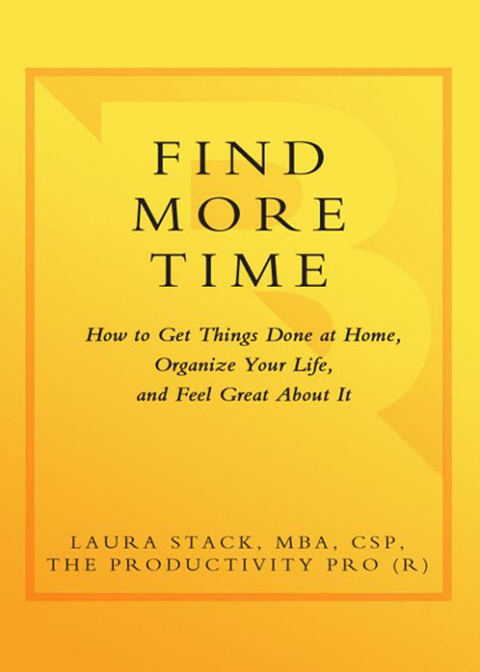Killing Time: The Autobiography of Paul Feyerabend
Feyerabend, Paul
Yet Few Know Much About The Private Life Of This Most Public Of Intellectuals. For The First Time, Feyerabend Traces His Trajectory From A Lower-middle-class Childhood In Vienna To The Height Of International Academic Success. He Writes Compellingly And With Extraordinary Honesty Of Living Through Nazism And His Experience In The German Army On The Russian Front, Where Three Bullets Left Him Crippled, Impotent, And In Lifelong Pain. He Recalls His Promising Talent As An Operatic Tenor (an Enduring Passion), His Encounters With Everyone From Ludwig Wittgenstein To Bertolt Brecht, Innumerable Love Affairs, Four Marriages, And A Career So Rich He Once Held Tenured Positions At Four Universities At The Same Time. Although Not Written As An Intellectual Autobiography, Killing Time Chronicles The People, Ideas, And Conflicts Of Sixty Years. Feyerabend Writes Frankly Of Complicated Relationships With His Mentor Karl Popper And His Friend And Frequent Opponent Imre Lakatos, And His Reactions To A Growing Reputation As The Worst Enemy Of Science. He Is Characteristically Self-critical And Matter-of-fact, Whether About The Controversy He Regularly Provoked Or The Doubts He Had About His Own Ideas. I Never 'denigrated' Reason, Whatever That Is, He Writes, Only Some Petrified And Tyrannical Version Of It. Nor Did I Assume My Critique Was The End Of The Matter. Feyerabend's Legacy Is Immense: The Sea Change In The Way We Understand Science Would Have Been Impossible Without Him. Contentious, Often Unforgiving, Feyerabend Here Is Also Reflective, Even Lyrical About The Pleasures Of Philosophy And His Love For Grazia Borrini, With Whom He Shared The Last Decade Of His Life. Rarely Has An Intellectual Of This Stature Told His Story With Such Openness, Honesty, Or Joy. Killing Time Is The Story Of An Extraordinary Life. Finished Only Weeks Before Paul Feyerabend's Death, It Is The Self-portrait Of One Of This Century's Most Original And Influential Intellectuals. Trained In Physics And Astronomy, Feyerabend Was Best Known As A Philosopher Of Science. But He Emphatically Was Not A Builder Of Theories Or A Writer Of Rules. Rather, His Fame Was In Powerful, Plain-spoken Critiques Of Big Science And Big Philosophy. In Landmark Essays And Books, And In Legendary Lectures Delivered From Berlin To Berkeley, Feyerabend Gave Voice To A Radically Democratic Epistemological Anarchism: He Argued Forcefully That There Is Not One Way To Knowledge But Many Principled Paths; Not One Truth Or One Rationality But Different, Competing Pictures Of The Workings Of The World. Anything Goes, He Said About The Ways Of Science In His Most Famous Book, Against Method. And He Meant It. 1. Family --- 2. Growing Up --- 3. High School --- 4. Occupation And War --- 5. Apolda And Weimar --- 6. University And Early Travels --- 7. Sex, Song, And Electrodynamics --- 8. London And After --- 9. Bristol --- 10. Berkeley, The First Twenty Years --- 11. London, Berlin, And New Zealand --- 12. Against Method --- 13. Brighton, Kassel, And Zurich --- 14. Marriage And Retirement --- 15. Fading Away. Includes Index.
Feyerabend, Paul , 1924-1994, Philosophers, Philosophers--Biography, Intellectuals, Intellectuals--Biography, Science--Philosophy--History, Science--Philosophy--History--20th century, B3240.F484 A3 1995, 193 B
| Name in long format: | Killing Time: The Autobiography of Paul Feyerabend |
|---|---|
| ISBN-10: | 0226245314 |
| ISBN-13: | 9780226245317 |
| Book pages: | 203 |
| Book language: | en |
| Edition: | 1 |
| Binding: | Hardcover |
| Publisher: | University of Chicago Press |
| Dimensions: | Height: 8.5 Inches, Length: 5.5 Inches, Width: 0.9 Inches |


